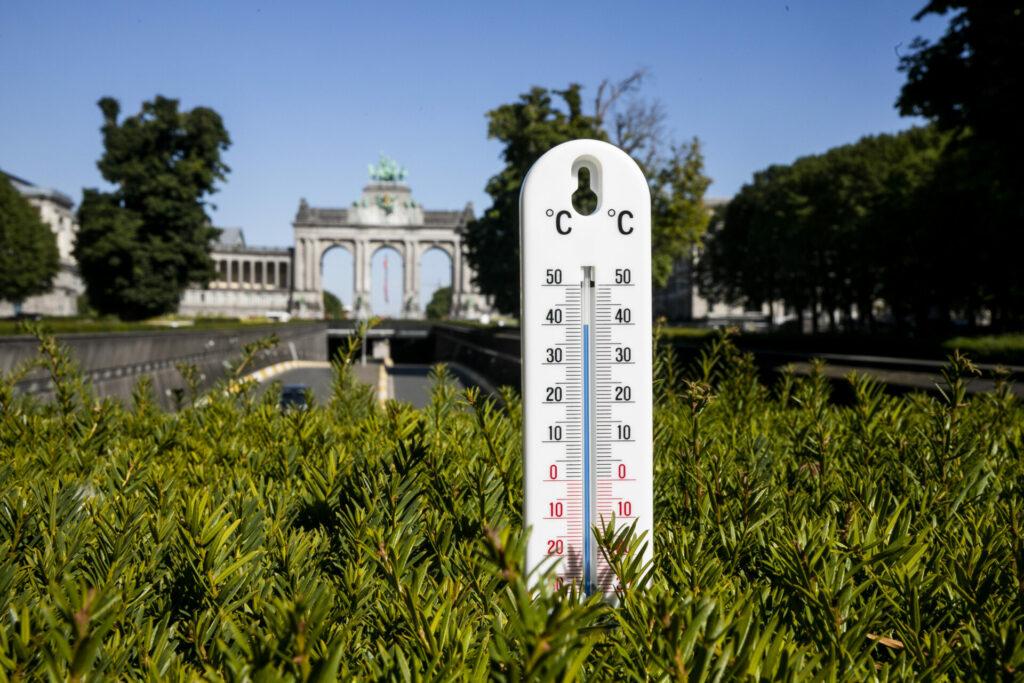The European Environment Agency (EEA) has warned that, unless appropriate measures are urgently adopted, up to 90,000 Europeans could die annually from extreme heat by 2100.
"Over the following decades, accelerating climate change may lead to a substantial increase in morbidity and mortality unless adaptation measures are taken," the EEA noted in a report published on Wednesday.
"Without adaptation measures, and under a scenario of 3°C global warming by 2100, 90,000 Europeans could die from extreme heat annually."
The report went on to stress that, by limiting global warming to 1.5°C by 2100 compared to pre-industrial levels, the annual death toll from extreme heat in Europe would likely be significantly lower.
"The number of deaths from and people who may experience heat stress in Europe will be double or treble at the end of the century at a global warming level of 3°C compared with a 1.5°C level," the EEA stated.
Beyond emissions
Apart from the obvious need to limit greenhouse gas emissions, the EEA offered a number of specific proposals to mitigate the impact of extreme heat on Europeans.
"Reducing the health impacts of heat requires the implementation of different solutions," the report noted. "These include effective heat health action plans, urban greening, climate-proofing of buildings, and changing working times and conditions."
Heatwaves tend to have a disproportionately adverse impact on the elderly, the very sick, and children. Rather worryingly, half of the hospitals and schools in European cities — both of which contain numerous individuals from these groups — are located in areas which frequently experience strong "heat island" effects, rendering them up to 2°C warmer than the rest of the city.
"Interventions should prioritise vulnerable groups (e.g. elderly, children, those in poor health and outdoor workers) and facilities (e.g. hospitals and schools), as well as people particularly exposed to heat," the report noted.
Related News
- Heatwaves: Entire regions rendered uninhabitable within decades
- Thousands gathered in Brussels for climate march ahead of COP27
Last summer was the warmest on record, with temperatures exceeding those of 2021 — which held the previous record for the hottest summer ever — by 0.4°C. According to the World Health Organisation, 15,000 Europeans are estimated to have died "specifically due to the heat" this year — a figure which is, shockingly, more than a tenth of the number who died from extreme heat over the last fifty years.
The EEA was careful to emphasise, however, that public policies can have a significant impact in reducing the number of heat-related deaths. In France, for instance, 15,000 people died from a heatwave in 2003, while a similar June 2017 heatwave led to only 580 deaths.
According to the report, the difference in the number of French fatalities was due to "effective public policies", which included "the introduction of the national heatwave plan to increase awareness among the population about the risks associated with high temperatures, the establishment of more green areas in cities, and the provision of cool rooms."

